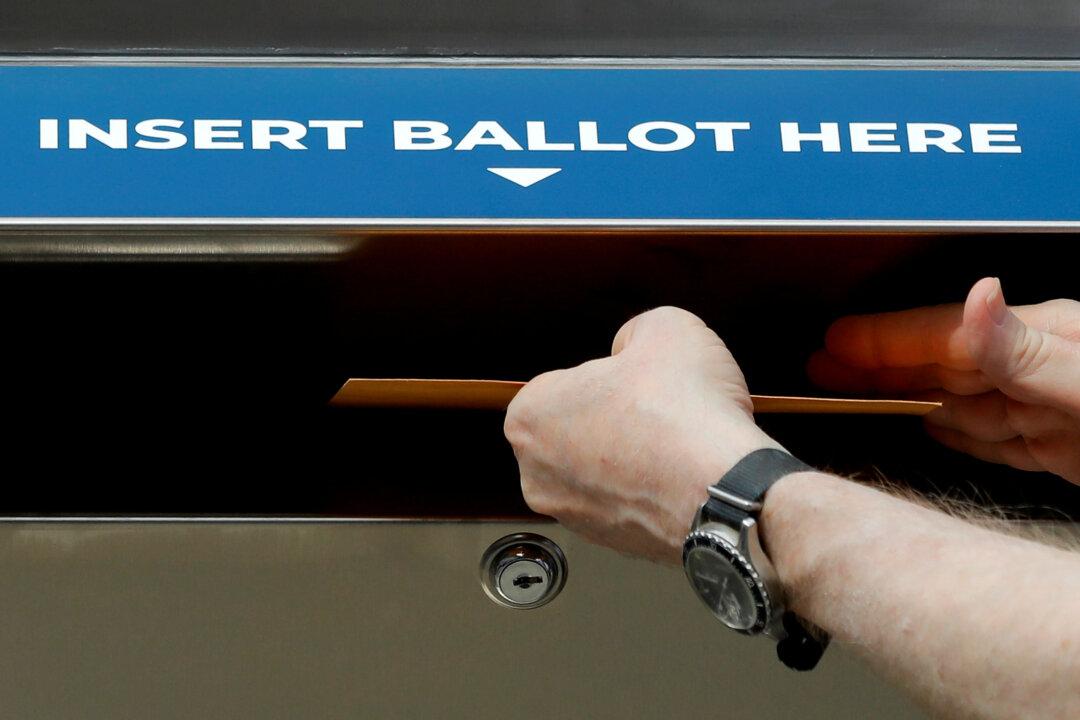New York state’s highest court has upheld a law challenged by Republicans that allows residents to vote by mail up to 10 days before Election Day in a 6–1 ruling.
Gov. Kathy Hochul signed the New York Early Voting Act into law in September 2023.

New York state’s highest court has upheld a law challenged by Republicans that allows residents to vote by mail up to 10 days before Election Day in a 6–1 ruling.
Gov. Kathy Hochul signed the New York Early Voting Act into law in September 2023.